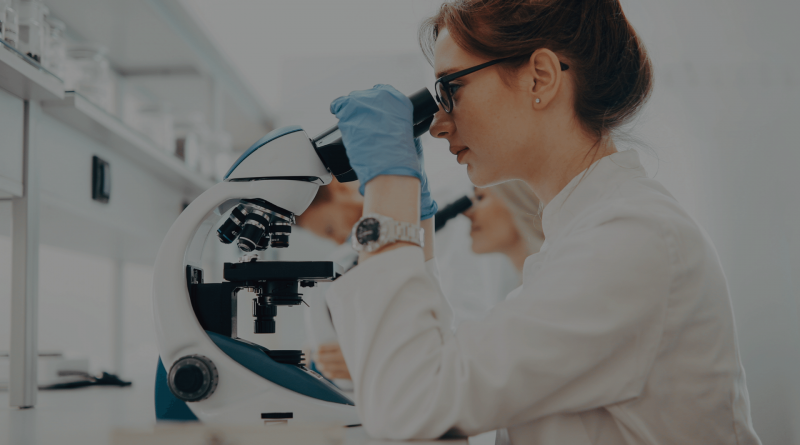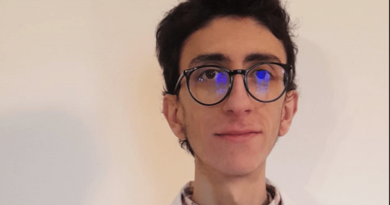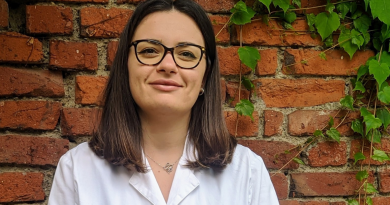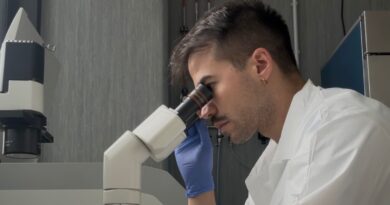Lab Experience Personal reflection – Valentina Rago
Lab Experience Personal reflection
Valentina Rago, Virgilio 3° Cohort Student, UNIMIB
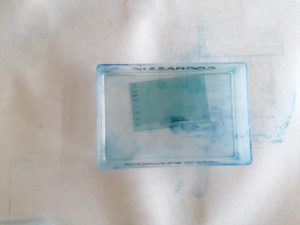
I got the opportunity to do my 2nd lab rotation at the Laboratory of Molecular onco-hematology, University of Milano – Bicocca
PI of the laboratory: Prof. Carlo Gambacorti – Passerini
Tutor: Dr. Matteo Villa
The Lab
The Lab focuses on the study of molecular changes which contribute to the development of onco-hematological diseases and cause resistance to treatment. In particular, I was involved in three research projects. Two of them focused on effects of two proteins on tumor progression and treatment resistance in ALK+ ALCL (anaplastic large cell lymphoma). The third research project focused on effects of ALK mutations on tumor progression and treatment resistance in ALK+ NSCLC (non-small-cell lung cancer)
My experience and learnings
I had the opportunity to take part in all the phases of an experimental project: planning, performing, analysis of results. I understood that in planning phase it’s necessary to consider all the variables that could change the result and to try to prevent them: for example, in order to avoid that the result of the experiment of “scratch migration” depended on proliferation in addition to migration, we reduced the percentage of serum (which is the element that allows cell proliferation) that was in the medium. In the performing phase, it’s important to follow the protocol in a rigorous way and to ensure the highest sterility in order to prevent any contamination. Then, the phase of analysis of results requires a critical reading and a great attention to details.
Sometimes the result of the experiment that we got turned out to be different from the one we expected or we wanted, but this aspect didn’t demoralize us: for example, we repeated the experiment of immunoprecipitation several times in different starting conditions before getting the quantity of protein that we needed! Thanks to this experience, I learned that perseverance and determination are qualities needed to be a good researcher.
Furthermore, the environment where I worked was extremely stimulating and taught me how important the ability to work in a team is for a researcher: the PhD students often exchanged tips with each other to optimize their research projects. In order to do this, a “data session” is planned in the lab once a month: during this meeting, one of the scientists shows the methods and the results of his experiments. I had the opportunity to join Journal Club too. This is a meeting held by clinicians and researchers who present a scientific article by rotation. I found this event very useful because it allows one to keep up-to-date and, since it involves both researchers and clinicians, it helps bring biomedical research closer to clinical practise.
In conclusion, this lab rotation allowed me to participate actively in some of the research projects that aim to get more information about ALK+ – rearranged tumors. Thanks to it, I learned a lot of experimental techniques and the methods that can be used to optimize them. I understood, thanks to my tutor and the other PhD students, the qualities that a good scientist should have and the importance of keeping up-to-date.
Since this experience enriched my cultural heritage from different points of view, I’m very grateful to have had the opportunity to do it!
